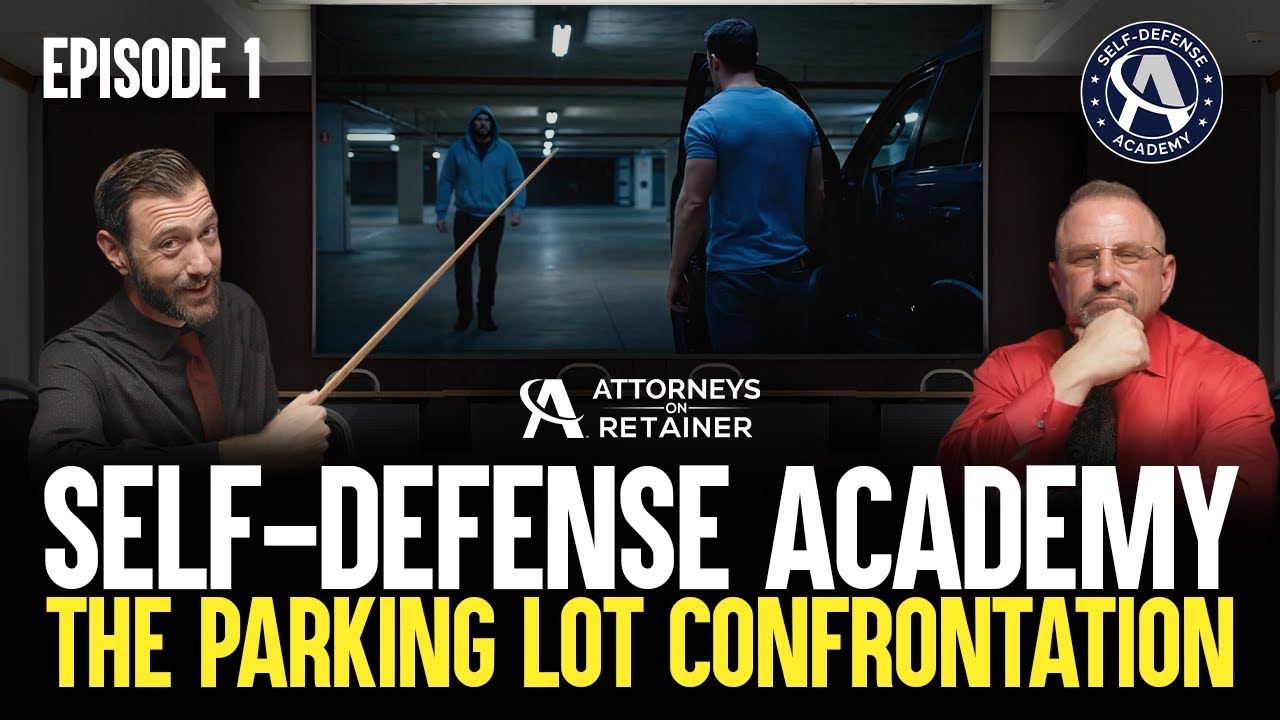Reasonableness: What It Means In A Self-Defense Case
May 23, 2024
When it comes to self-defense cases, the most important thing that decides if someone is guilty or not is whether their actions were “reasonable.” This means that their response to a threat must make sense given the situation they were in. The idea of reasonableness is not always clear, so it is up to a jury to decide if the person acted in a way that most people would find fair. Understanding what is considered reasonable can be the difference between going free or facing serious legal consequences.
Key Points:
- The Core Concept of Reasonableness
- Factors Influencing Reasonableness
- Bright Line Rules in Self-Defense
- Objective vs. Subjective Reasonableness
- Special Considerations and Practical Advice
- Final Thoughts on Reasonableness
The Core Concept of Reasonableness
Reasonableness refers to what an average person would consider sensible and fair in a self-defense situation. In a trial, the jury’s main job is to decide if the defendant acted reasonably. This single judgment can determine the outcome of the entire case.
- Reasonableness is based on common sense and fairness.
- The jury decides if the defendant’s actions were reasonable.
- The entire case hinges on this judgment.
“The only question in a self-defense case is: Was it reasonable? If it is reasonable, the defendant goes home. If it is not reasonable, the defendant is going to serve a long time in prison.”
Factors Influencing Reasonableness
Reasonableness in self-defense depends on how immediate the threat is and whether the force used matches the threat. If the threat is not immediate or the force is too much, the response might not be considered reasonable. For self-defense to be justified, the threat must be immediate, and the response should be proportional to the danger. Imminence and proportionality are crucial in determining whether an action is reasonable. These factors are key in deciding if the use of self-defense is acceptable.
“The force that you use must be proportionate to the force that you are facing… You cannot use deadly physical force when you are facing merely ordinary force.”
Bright Line Rules in Self-Defense
In self-defense law, the threat must be immediate, or “imminent,” for force to be justified. The force used must be proportional to the threat, meaning you cannot use deadly force in response to a minor threat. Generally, deadly force is not allowed to protect property, with only a few narrow exceptions in certain states. Words alone do not justify physical force; there must be a real, imminent threat to respond with self-defense. Understanding and applying these key rules is essential to ensuring any self-defense action is legally justified.
Objective vs. Subjective Reasonableness
“It must be imminent. If it is not imminent, it is not reasonable.”
Objective reasonableness looks at how a typical, sensible person would act if they were in the same situation as the defendant, considering their age and physical condition, but not any unreasonable fears. Subjective reasonableness is about whether the defendant honestly believed they were in danger and needed to defend themselves. To successfully claim self-defense, both standards must be met: the defendant’s actions must make sense to others (objective), and they must have believed they were necessary (subjective). What the defendant says and does is key to showing they believed they needed to act in self-defense. If neither of these standards are met, the self-defense claim might not hold up.
-
Objective Reasonableness: How a typical, sensible person would react in the same situation.
-
Subjective Reasonableness: Whether the defendant genuinely believed they were in danger.
-
Key Requirement: Both objective and subjective standards must be met for self-defense to work.
-
Important Evidence: What the defendant says and does shows if they believed they were in danger.
Special Considerations and Practical Advice
In self-defense cases, even reasonable mistakes can justify your actions, and certain legal presumptions may work in your favor, especially in situations like defending your home. It is crucial to avoid conflict whenever possible and to use the least amount of force necessary. Additionally, what you say and do after an incident can significantly impact how a jury perceives your actions. The jury’s view of whether your behavior was reasonable will influence your case’s outcome.
Final Thoughts on Reasonableness
“It is all about reasonableness… It is the whole ball of wax; it is the only thing that matters at the end of the day.”
In self-defense cases, knowing what “reasonableness” means is important because it guides the entire legal process. By understanding what makes an action reasonable, you can better protect yourself within the law. Always be careful and think about the legal consequences in any situation where you might need to defend yourself. Being informed helps you make safe and legal choices.
Did you find this article about what reasonableness is and why it is important helpful? If you would like to know more about our law firm or our self-defense protection program Attorneys On Retainer, please call 866-404-5112 or email us.



